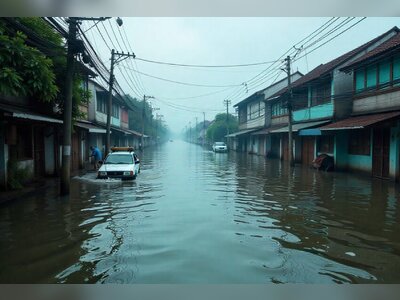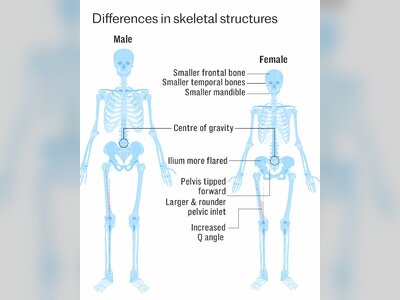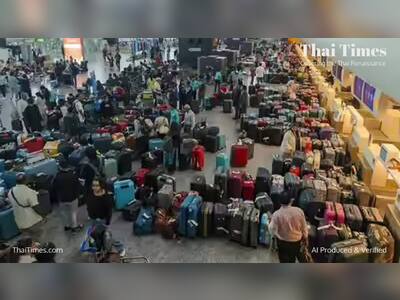
Thailand's Entertainment Complex Bill Aims to Combat Economic Pressures
Deputy Prime Minister defends proposed legislation to establish casinos as a means to offset rising US tariffs.
Deputy Prime Minister Phumtham Wechayachai has advocated for the Entertainment Complex Bill, scheduled for parliamentary debate on April 9, viewing it as an essential measure to address escalating US tariffs impacting Thai exports.
Phumtham highlighted the bill's potential to generate substantial revenue amidst a 36% tariff increase on Thai goods, significantly higher than Singapore's 10% rate.
In response to ongoing opposition from various sectors, Phumtham emphasized that concerns should be addressed through established democratic processes rather than through protests.
The proposed legislation would facilitate casino operations within integrated entertainment complexes, designed to bolster economic resilience and provide a financial boost to the country.
Phumtham countered worries regarding gambling addiction, indicating that strict entry requirements, such as age and income restrictions, would be implemented to minimize potential risks.
He stated, "This isn't about encouraging gambling -- it's about economic survival."
The Deputy Prime Minister also called for constructive engagement in the parliamentary debate, noting the outcomes of an online public hearing that took place from February 28 to March 14. The hearing attracted participation from over 70,000 individuals, with approximately 80% expressing support for the bill.
While acknowledging the right to protest, Phumtham cautioned against equating demonstrations with national sentiment, asserting that public opinion can diverge significantly from that of opposition parties and civil groups.
He reiterated the importance of respecting the democratic process and allowing parliament to make the final decision on the bill.
Furthermore, he projected that the Entertainment Complex Bill could inject billions into Thailand's economy, potentially offsetting the detrimental effects of rising trade barriers.
Phumtham highlighted the bill's potential to generate substantial revenue amidst a 36% tariff increase on Thai goods, significantly higher than Singapore's 10% rate.
In response to ongoing opposition from various sectors, Phumtham emphasized that concerns should be addressed through established democratic processes rather than through protests.
The proposed legislation would facilitate casino operations within integrated entertainment complexes, designed to bolster economic resilience and provide a financial boost to the country.
Phumtham countered worries regarding gambling addiction, indicating that strict entry requirements, such as age and income restrictions, would be implemented to minimize potential risks.
He stated, "This isn't about encouraging gambling -- it's about economic survival."
The Deputy Prime Minister also called for constructive engagement in the parliamentary debate, noting the outcomes of an online public hearing that took place from February 28 to March 14. The hearing attracted participation from over 70,000 individuals, with approximately 80% expressing support for the bill.
While acknowledging the right to protest, Phumtham cautioned against equating demonstrations with national sentiment, asserting that public opinion can diverge significantly from that of opposition parties and civil groups.
He reiterated the importance of respecting the democratic process and allowing parliament to make the final decision on the bill.
Furthermore, he projected that the Entertainment Complex Bill could inject billions into Thailand's economy, potentially offsetting the detrimental effects of rising trade barriers.











